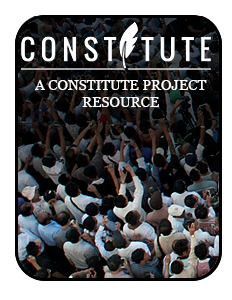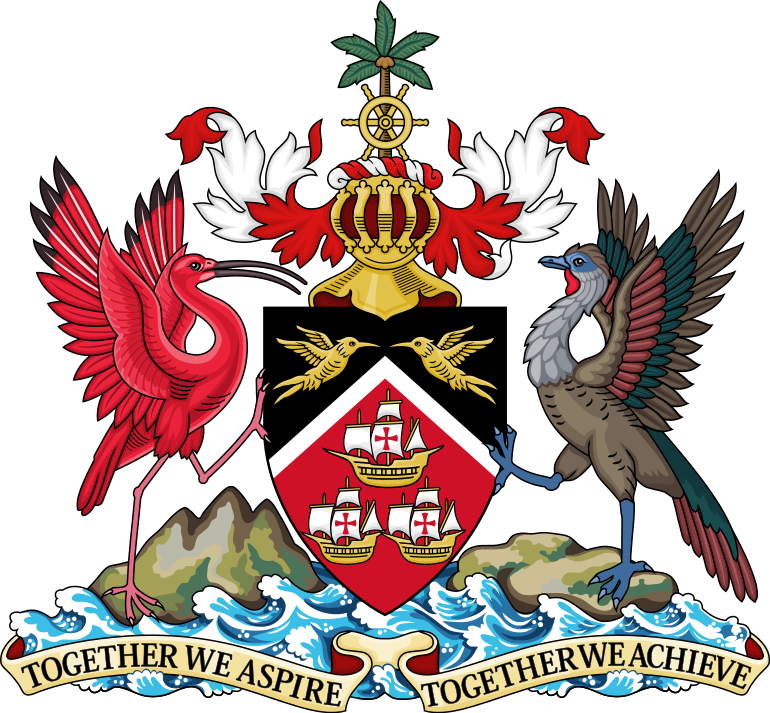Location
First colonized by the Spanish, the islands came under British control in the early 19th century. The islands' sugar industry was hurt by the emancipation of the slaves in 1834. Manpower was replaced with the importation of contract laborers from India between 1845 and 1917, which boosted sugar production as well as the cocoa industry. The discovery of oil on Trinidad in 1910 added another important export. Independence was attained in 1962. The country is one of the most prosperous in the Caribbean thanks largely to petroleum and natural gas production and processing. Tourism, mostly in Tobago, is targeted for expansion and is growing. The government is coping with a rise in violent crime.
Trinidad and Tobago is a parliamentary republic.
Source: CIA World Factbook
Members:
Resources
Displaying 1 - 5 of 53Constitution of Trinidad and Tobago 1976 (rev. 2007)
The constitution was passed by the House of Representatives.
Valuation of Land Act
An act to make provision for the valuation of land for taxation, rating and other purposes and for matters connected therewith and incidental thereto.
Administration of Estates
An Act relating to the powers and duties of the Administrator General and to the devolution and distribution of property on the death of the owner thereof.
Caroni (1975) Limited and Orange Grove National Company Limited (Divestment) Act, 2005 (No. 25 of 2005).
This Act transfers real estate undertakings from the Caroni (1975) Limited and Orange Grove National Company Limited, both wholly owned state enterprises, to the State. The Minister may, by Order, transfer to or vest in the Sugar Manufacturing Company ("Company"), all or any part of the operational undertakings necessary for the Company to undertake the sugar cane processing and sugar refining business conducted by Caroni and not already leased to or forming part of lands leased to or otherwise vested in the Company.
Land Tribunal Act, 2000 (Act No. 15 of 2000).
The Land Tribunal is established under section 3 of the Act.





